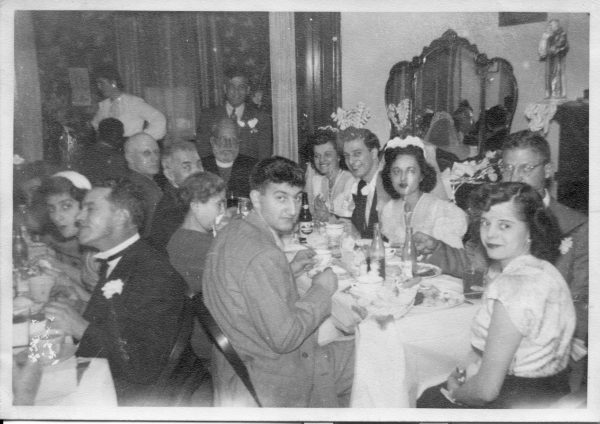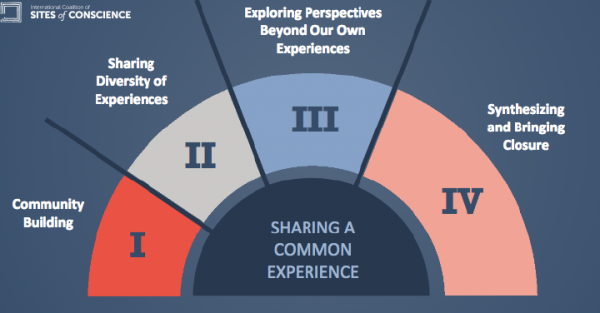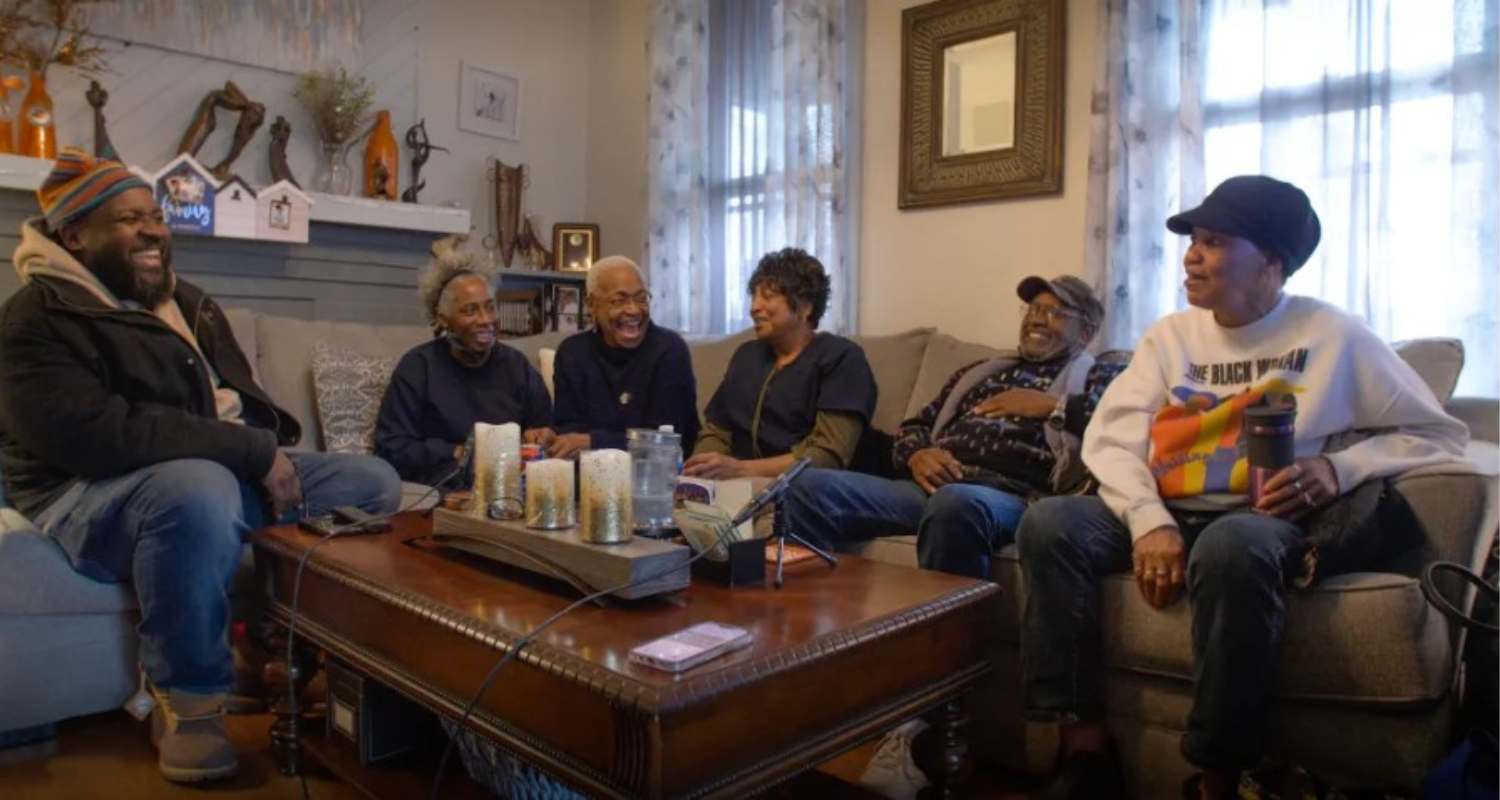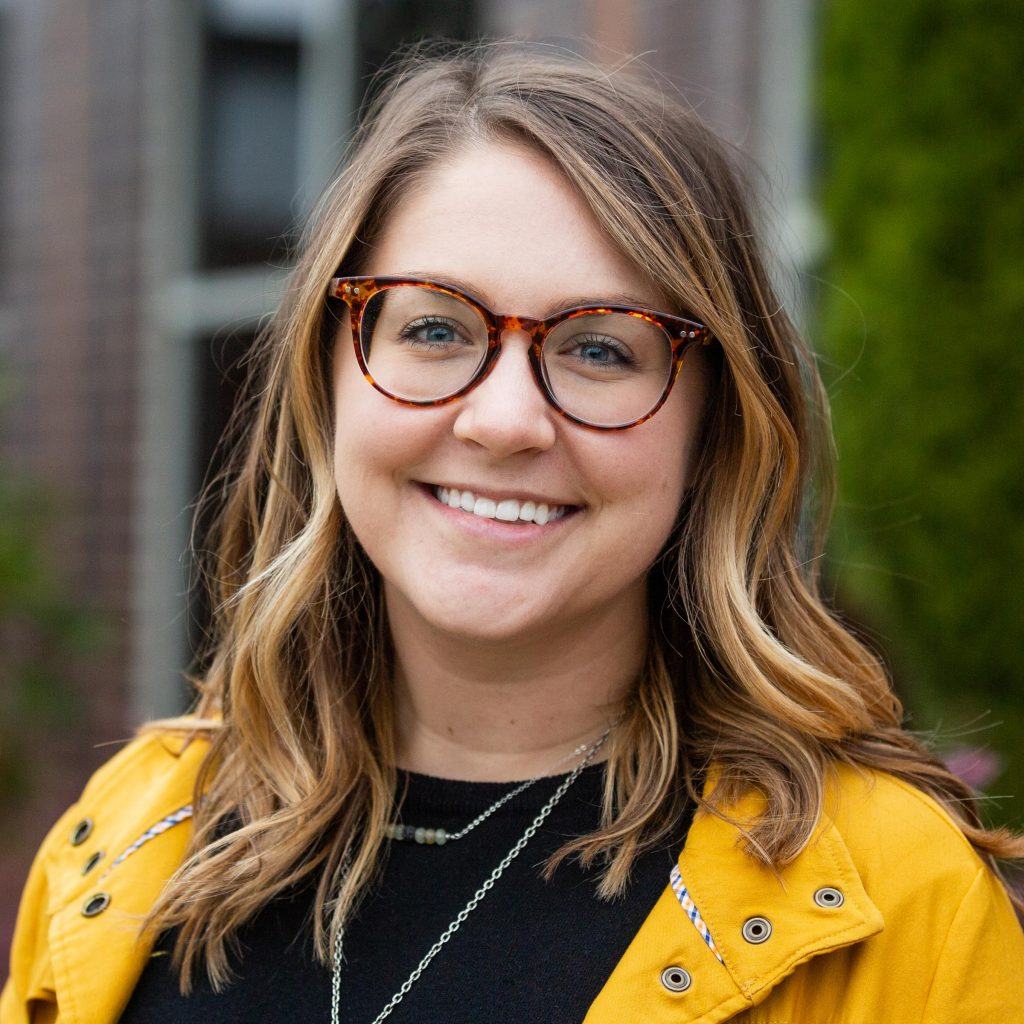As a platform dedicated to telling Wheeling’s story, the team here at Weelunk is familiar with what it takes to have engaging conversations with interesting people and turn them into meaningful stories. Jonathan Gottschall, author of “The Storytelling Animal: How Stories Make Us Human” argues that as humans, we have a compulsion to storify the world around us. Storytelling is as natural to us as breathing.
As we head into the holiday season, we’re all likely going to be spending time with loved ones that we don’t get to see as often as we’d like. These gatherings are (hopefully) rich with laughter, reminiscing, and conversation…so, why not use this opportunity to turn these moments into treasured stories that you can listen back to for years to come?
I can recall countless holiday gatherings with my family where my parents, aunts, uncles, cousins, and grandparents would be crammed into a living room telling stories from yesteryear. They would laugh about the mischievous mishaps they experienced as young adults, talk about what it felt like to be the first class to attend the newly-consolidated Wheeling Park High School in 1976, and, perhaps one of my favorite stories was learning that my great-grandmother handed her infant child (my grandmother) to a stranger on the street as she rushed her young son to the hospital because he had just “swallowed a horse!” (For context, the horse in question was a toy from a Cracker Jacks box, and everyone emerged from the situation happy, safe, and healthy).
I’m sure many of you have had similar experiences with the magic of family storytelling, and the sadness that comes as loved ones pass and their stories once told with love and exuberance are now contained only in our memories. It’s then that we wish that we had only thought to record some of these stories as they were being told.

If you’ve ever felt this way, then consider joining Weelunk in using this season to participate in The Great Thanksgiving Listen with StoryCorps.
What is StoryCorps?
StoryCorps is an organization whose mission is to preserve and share humanity’s stories in order to build connections between people and create a more just and compassionate world…and that’s something we here at Weelunk can get behind!
Each November, StoryCorps invites people from across the country to participate in The Great Thanksgiving Listen. This national movement encourages people to create their own oral histories by recording an interview with an elder, mentor, friend, or someone they admire.
[template_part type="video" title="The Great Thanksgiving Listen" description="Learn more about StoryCorps' Great Thanksgiving Listen initiative. " url="https://youtu.be/jq4Hw8Ohpzg"]
Recordings that are shared (with permission) through The Great Thanksgiving Listen become part of the StoryCorps Archive at the American Folklife Center at the Library of Congress. To date, more than 650,000 stories have been archived, making it the largest single collection of voices ever gathered.
The team here at Weelunk is often inspired by the work of StoryCorps and connect with their mission, which is why we are inviting you to join us this year in participating in The Great Thanksgiving Listen.
Will you be joining us? We have some tips for getting the most out of these conversations with loved ones.
How To Have A Great Conversation
Here at Weelunk, our staff and writers use a tool called the Arc of Dialogue, developed by the International Coalition of Sites of Conscience1, to facilitate conversations with the people in our community. The Arc is a strategy for asking questions in a way that guides participants to purposeful, meaningful conversations about the subject you wish to discuss.
It can be broken down into four phases that build on one another. Using the Arc of Dialogue to structure your interview questions will allow you to get the most out of your interview. By starting with “easier” or “safer” questions first, your interview subject will feel more comfortable opening up as the conversation gets deeper.
Here is a breakdown of the four phases of the Arc of Dialogue with examples of how it works in action:
- Phase One Questions: Ask something that can easily be answered by the participant. It’s the first step in building trust with your interview subject.
Ex: What’s your favorite old building in Wheeling? - Phase Two Questions: This question should ask something that can be answered from personal experience, but still not be too personal. These questions allow the participant to get more descriptive about their experience.
Ex: What was the neighborhood you grew up in like? - Phase Three Questions: These questions are often the most personal, and brings in the identity, society, environment, or context of your interview subject.
Ex: How did you and your classmates feel when your high school was consolidated to become Wheeling Park? - Phase Four Questions: This question stays deep, but often brings the subject back to a broader concept and de-centralizes the subject.
Ex: We see a lot of changes happening right now within the Ohio County School District, how do you think students might feel during all of this change?

This is just one of many tools that you can use to have deep and meaningful conversations with your friends and family. StoryCorps also has several resources on their website you can reference that will help sharpen your interviewing skills.
Now that you know how to create some amazing interview questions, it’s time to get ready for The Great Thanksgiving Listen!
The Great Thanksgiving Listen
Participating in The Great Thanksgiving Listen is simple! You can use your phone to download the StoryCorps App, follow the prompts, and let your conversation flow! If you want to interview someone from afar, you can use StoryCorps Connect to record with someone who is in a separate location. Information on StoryCorps’ free recording tools can be found on their website.
You can also visit StoryCorps.org to learn more about their mission, view resources, and listen to other people’s stories.
If during your conversations, you learn about some interesting tales from Wheeling’s past we want to hear about it! We welcome your input for the stories we publish here on Weelunk, and you can submit your ideas at weelunk.com/submit-idea.
Cheers to togetherness, listening and good conversation this Thanksgiving!
References
1 “From Past to Present, Memory to Action Facilitated Dialogue.” International Sites of Conscience. Accessed November 23, 2022. https://www.sitesofconscience.org/wp-content/uploads/2019/01/Dialogue-Overview.pdf.



